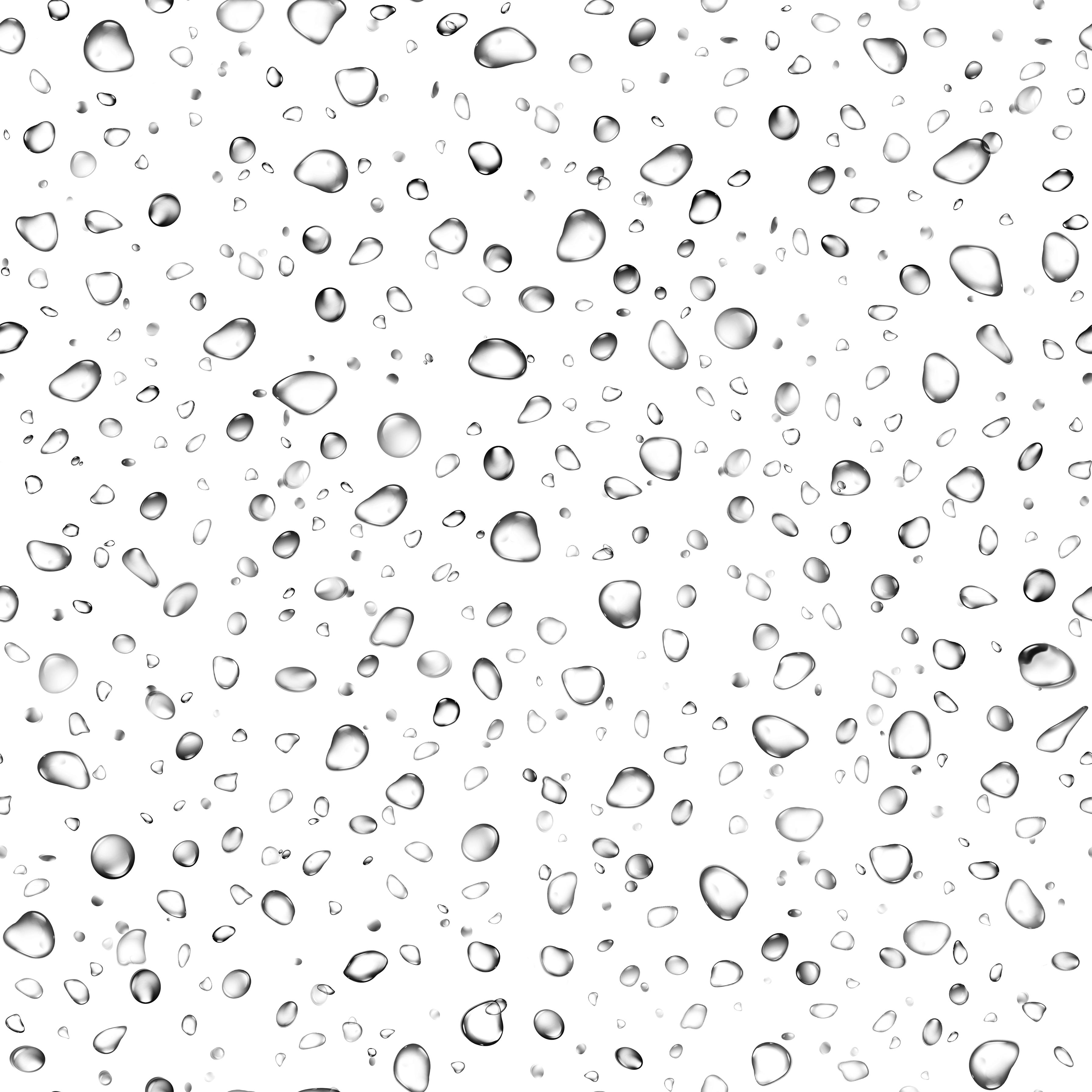BCC: Blind Carbon Copy
… is a gossip and research based collabo-
ration between Maija Rudovska and Juste Kostikovaite who met during Group Affinity summer school workshop by Slavs and Tatars, held at Kunstverein München in 2011.
 BCC serves as a network project for curators from the Baltic countries and Scandinavia. It’s title, Blind Carbon Copy refers to the transmission of secret information through the bcc: function in the email programmes, when information is shared but the fact of
BCC serves as a network project for curators from the Baltic countries and Scandinavia. It’s title, Blind Carbon Copy refers to the transmission of secret information through the bcc: function in the email programmes, when information is shared but the fact of  sharing is hidden from the addressee.
sharing is hidden from the addressee.
Project is supported by Nordic Culture Point, The Nordic-Baltic Mobility Programme for Culture
 Latvia, Lithuania, Estonia, Finland
Latvia, Lithuania, Estonia, Finland 100
100 Alex Cecchetti’s performance “Walking Backwards” (2013)
Alex Cecchetti’s performance “Walking Backwards” (2013) Language: From Practice to Action
Language: From Practice to Action Art Academy of Latvia
Art Academy of Latvia 427 Gallery
427 Gallery Kim? Contemporary Art Centre
Kim? Contemporary Art Centre Latvian Centre for Contemporary Art.
Latvian Centre for Contemporary Art. performance
performance The Future is Certain, It‘s the Past which is Unpredictable
The Future is Certain, It‘s the Past which is Unpredictable from a
from a the present and the future
the present and the future as well as
as well as sand dunes
sand dunes seas
seas Ursula K. Le Guin's
Ursula K. Le Guin's connection.
connection.